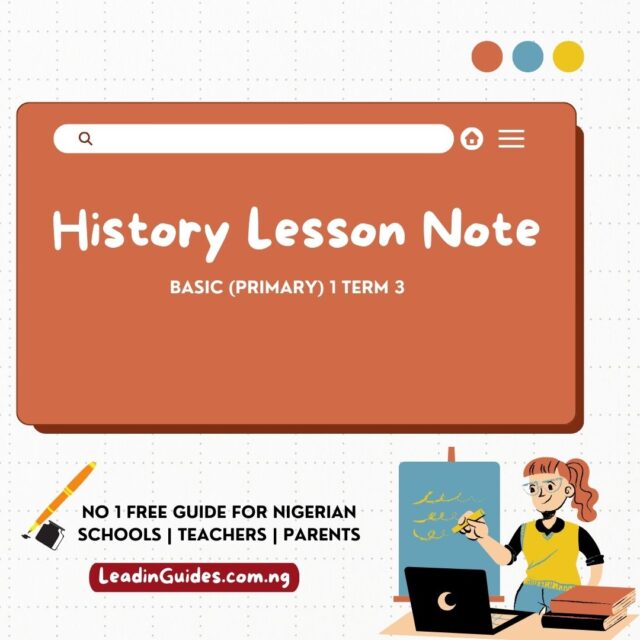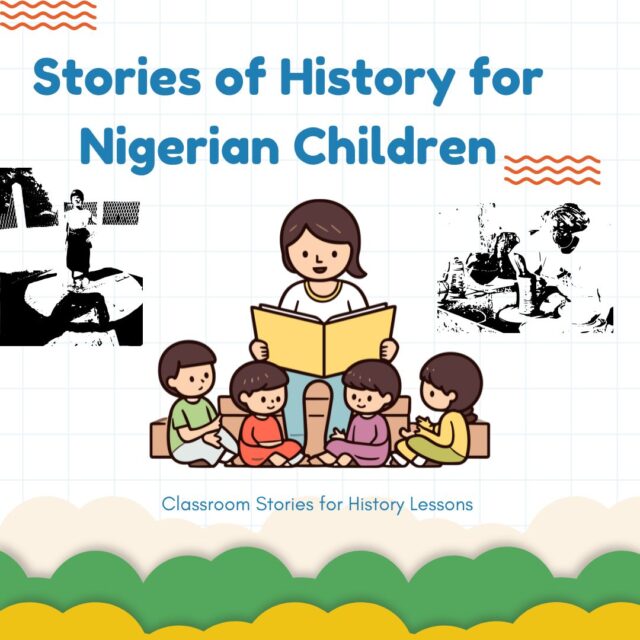Lower Basic Education Level in Nigeria
What Is the Lower Basic (Basic/Primary 1–3) Level in Nigeria?
The Lower Basic Education level in Nigeria covers Primary 1 to Primary 3, usually for children between the ages of 6 and 8. It marks the first formal stage of Nigeria’s 9-year Universal Basic Education (UBE) program and is a foundational period for lifelong learning.
This level is comparable to Key Stage 1 in the UK and Grades 1 to 3 in the US education systems.
At this stage, children begin structured schooling where they develop early literacy, numeracy, and social skills. The focus is on helping young learners understand the basics in a warm, safe, and playful environment.
Lower Basic (Primary 1 – 3) Classes
The Lower Basic level includes three school grades:
-
Basic 1 (Primary 1) – usually for children aged 6 to 7
-
Basic 2 (Primary 2) – usually for children aged 7 to 8
-
Basic 3 (Primary 3) – usually for children aged 8 to 9
Due to differences in individual readiness, school entry age, and background, some children may be slightly older or younger than the typical age range.
Want to understand more about age-appropriate class placement? Read our guide: “Age Appropriate Admission in Nigerian Schools: How Old Is Too Young? A Must-Read.”
National Objectives and Core Competencies
According to the National Policy on Education (2013), the objectives of primary education — including the Lower Basic (Primary 1–3) level — are to:
- Inculcate permanent literacy, numeracy, and the ability to communicate effectively.
- Lay a sound basis for scientific, critical, and reflective thinking.
- Promote patriotism, fairness, understanding, and national unity.
- Instill social, moral norms and values in the child.
- Develop in the child the ability to adapt to the changing environment.
- Provide opportunities for the child to develop life-manipulative skills that will enable them to function effectively in society within the limits of their capability.
What Do Children Learn in Lower Basic?
At this level, children learn very important things that help them with everything else they will learn later. The main goals are to help them:
- Become good readers and writers: They learn their ABCs, new words, and how to read and write simple sentences.
- Understand numbers: They learn to count, add, subtract, and solve simple number problems.
- Think and explore: They are encouraged to ask questions, discover new things, and think for themselves.
- Be good citizens: They learn about being kind, sharing, respecting others, and taking care of their environment.
- Develop important skills: They learn how to use their hands for drawing, playing, and other activities that help them grow.
Structure of the Lower Basic Curriculum in Nigeria
The Lower Basic Curriculum, developed by the Nigerian Educational Research and Development Council (NERDC), is child-centered and activity-based. It aims to help children explore and enjoy learning while developing essential skills for later years.
Instruction is delivered mainly in the mother tongue or the language of the immediate environment. Gradually, English is introduced to support language development and transition to higher levels.
Lower Basic (Primary 1 – 3) Subjects in Nigeria
Altogether, there are eleven (9) main subjects offered at the Lower Basic (Basic/Primary 1 – 3) grades in Nigeria, three of these subjects are composite. This means each of the three subjects is further broken down into sub-subjects. The composite subjects and the corresponding components sub-subjects include:
- Basic Science & Technology (BST) which comprises:
- Basic Science
- Basic Technology
- Information Technology
- Physical & Health Education.
- National Values which comprises:
- Civic Education
- Security Education
- Social Studies
- Religious Studies which comprises:
- Christian Religious Studies
- Islamic Studies
- English Studies
- One Nigerian Language: (One of the three major Languages in Nigeria – Hausa, Igbo, Yoruba – or a dominant local language in the location of the school).
- Mathematics
- Basic Science
- Basic Technology
- Information Technology (IT)
- Physical and Health Education
- Christian Religious Studies (CRS)
- Islamic Religious Studies (IRS)
- Social Studies
- Civic Education
- History
- Cultural and Creative Arts (CCA)
- Arabic (optional)
Assessment and Certification of Middle Basic (Primary 4 – 6) Education in Nigeria
Assessment at the Lower Basic level primarily relies on continuous assessment and internal school examinations.
1. Continuous Assessment
Student performance is monitored using Continuous Assessment (CA), accounting for 40% of the total evaluation. CA includes tests, assignments, projects, and participation.
2. End-of-Term and Promotional Exams
End-of-term examinations (making up 60% of total marks) are administered at the end of each First and Second Term and promotional exams (also making up 60% of total marks) are administered at the end of Third Term to evaluate academic readiness for the next class.
A Special Message for Teachers and Parents of Lower Basic Pupils!
To Teachers: You are helping our youngest learners fall in love with school! Make learning fun with games, stories, and activities. Help them feel safe and happy as they discover new things. Encourage them to ask questions and explore!
To Parents: Your support at home is so important! Read stories with your children, talk to them about their day at school, and encourage them to be curious. Help them practice their reading and counting in a fun way. Remember, every child learns at their own pace, so be patient and celebrate their progress!
Lower Basic education is a wonderful time for children to grow, learn, and discover the world around them. Let’s work together to make it a great start for every child!
Resources for Lower Basic (Primary 1–3) in Nigeria
To support parents, teachers, and schools, we provide:
-
Interactive worksheets and games
-
Reading materials and phonics guides
-
Lesson plans and storytelling activities
-
Simple science and creative art projects
-
Assessment tools and reporting templates
👉 Scroll down to browse our full collection.
👉 Use the filters to select specific subjects or grade levels.
Lower Basic Resources
Lesson Note – Basic (Primary) 1 History Term 3 Week 2
Introduction to Lesson Note – Basic (Primary) 1 History Term 3 Week 2 This Lesson Note – Basic (Primary) 1 History Term 3 Week 2 is the most comprehensive lesson guide for schools, teachers and parents in Nigeria. Nigerians in the diaspora may also use this lesson note guide to teach their children Nigerian History […]


